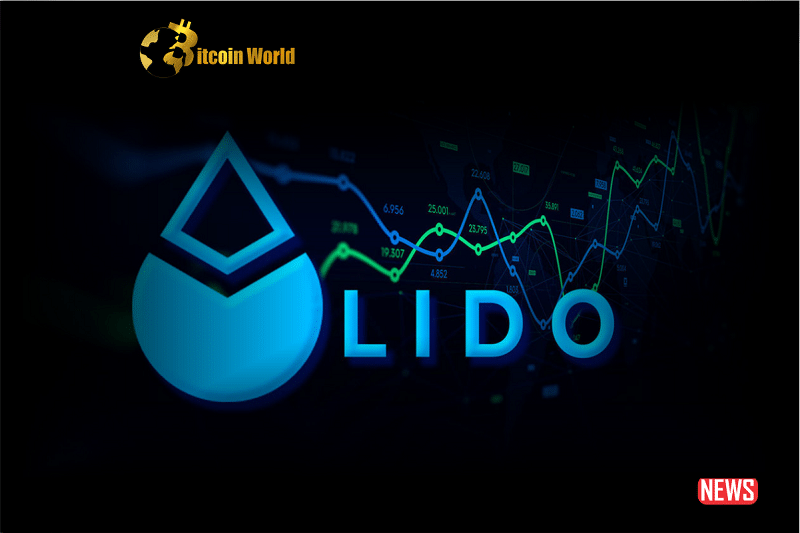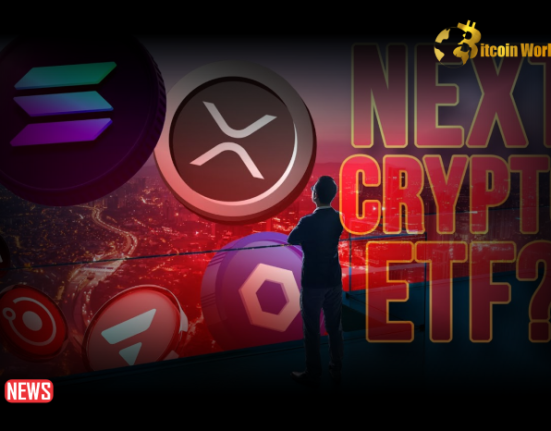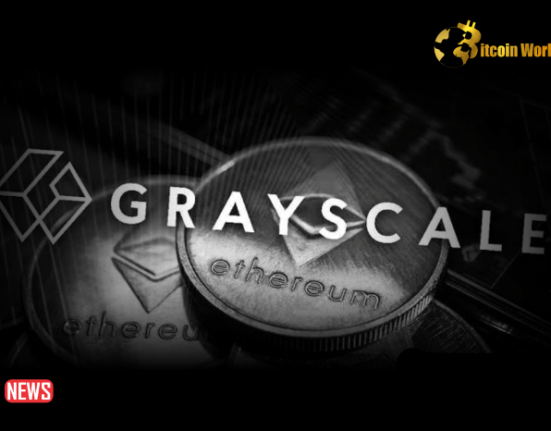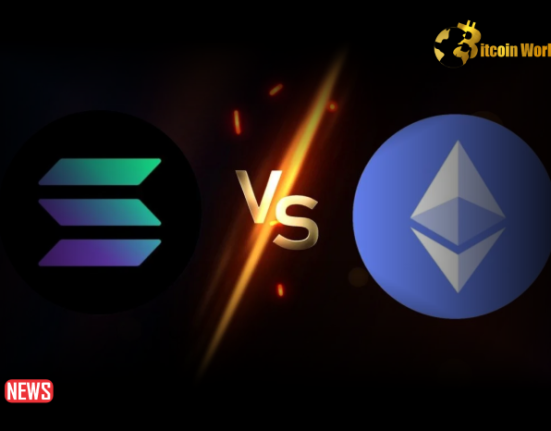For a long time, Lido [LDO] has dominated the DeFi business. Following the protocol’s victory over MakerDAO [MKR] regarding TVL, the latter has been progressively enhancing its network.
However, the protocol could be stressful due to Lido’s impending withdrawals. Tom Wan, a research analyst at 21Shares, asserts that withdrawals from Lido would affect the network’s queues.
The number of users that have asked to withdraw their staked Ethereum from the Lido protocol is referred to as the Lido Queues. These users must wait until their withdrawal request is handled in a line. However, depending on the volume of petitions and the amount being withheld, it can take some time.
Tom claims that if 10% of users seek withdrawals, the protocol has a reserve of awards and daily contributions to finance those withdrawals without selling a significant portion of the network’s staked assets.
If the unstacking requests exceed 10%, more validators may leave the network, resulting in longer withdrawal lines. At the time of publication, there were 1,100 full withdrawals and 507,000 partial withdrawals outstanding on Lido.
The protocol saw a rise in daily active users of 80.6% over the previous week in terms of activity. The increase in activity led to an increase in revenue, which increased by 11% over the same period.
Lido’s APR (Annual Percentage Rate), which rose to 8.31 during the past month, may be to blame for the protocol’s rising activity. Users that stake their Ethereum [ETH] with Lido and receive a larger income may be encouraged by the high APR.
The interest in stETH increased as a result of these circumstances. Over the past week, stETH’s network growth has outpaced the LDO token, demonstrating that users are more interested in stETH than the protocol’s token. Whale interest in stETH likewise outpaced whale interest in LDO, demonstrating that many addresses had confidence in the staking capabilities of the Lido protocol.














